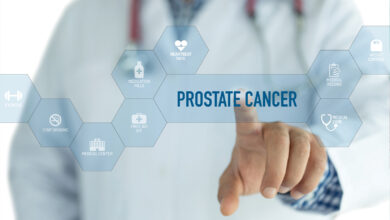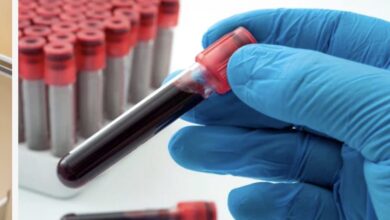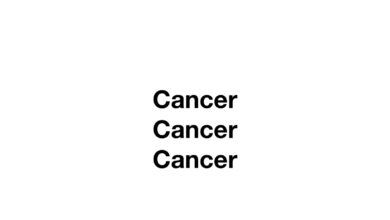LOW-DOSE ASPIRIN AND CANCER PREVENTION

Is there no end to the creative imagination of medical researchers? Some amazing revelation of a new, life-altering use for a drug, or treatment, that has been a standard for decades is always at the forefront of medical news. Aspirin is one of those centuries-old drugs that has been the object of innovative research to find another reason for it to be used.
The latest of the many reasons for recommending/prescribing acetylsalicylic acid (aspirin) is results of a study that showed “low-dose aspirin” may be effective at preventing some cancers. It is already strongly suggested that aspirin at low doses can help prevent colorectal cancer by reducing risk as well as recurrence rates. Now, an Australian researcher thinks low-dose aspirin reduces cancer risk for certain other cancers in older adults.
Patients were given 100 mg a day of aspirin for 4.6 years. Patients were divided into favorable and unfavorable treatment groups (no explanation was given as to how this was done). The patients in the favorable treatment group had “reduced cancer risk,” while those in the unfavorable treatment group had a “greater cancer risk.” That was the conclusion!
Critics of this study argued this study was using the wrong outcome as its endpoint. Instead of cancer risk, the outcome would have been far more relevant if it had been the risk of cancer death.
Another arm of this study tested the effect of low-dose aspirin on deaths from any cause. The risk of death from any cause was 12.7 events per 1000 person-years for low-dose aspirin and 11.1 per 1000 person-years in the placebo group. Cancer was the major contributor to the higher mortality in the aspirin group.
This seems to refute the claim that low-dose aspirin prevents other cancers. To hedge their claim they later said other factors (older age, nonsmoking status, family history of cancer, lower BMI) were better predictors. Another was a genetic mutation affecting blood forming cells that had a strong link to the increased risk of developing cardiovascular disease and blood cancers.
If you’re confused you’re not alone. I am, too. I don’t think the researchers have proven their point. Low-dose aspirin is ok for heart attack and stroke prevention, but I wouldn’t hang my hat on it reducing my chances of developing cancer.
Reference: Doheny K. Low-Dose Aspirin: Cancer Prevention Option for Older Adults? Medscape 2025 October 6.




